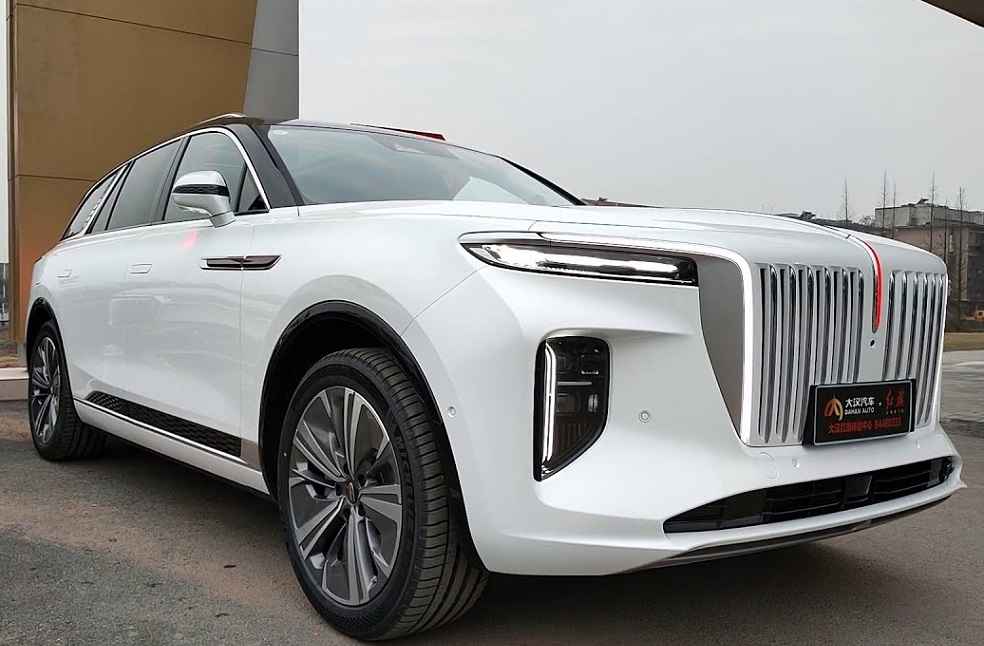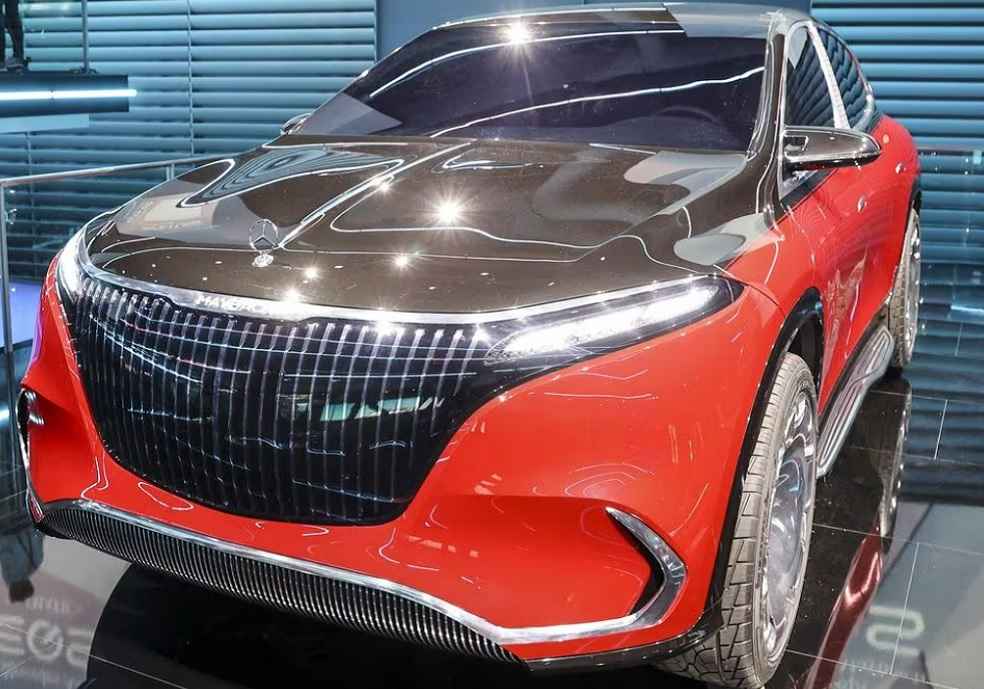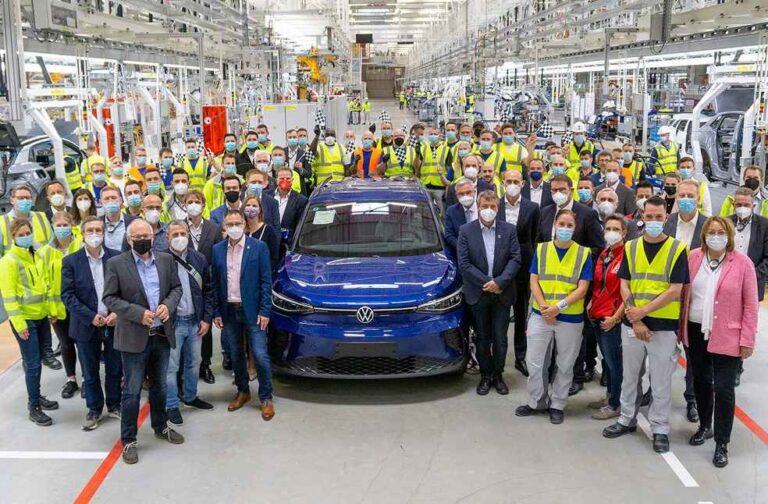The escalating costs, declining demand, and intense competition that Germany’s vehicle export industry, particularly in the EV Market, is grappling with, have allowed China to surge ahead. The new information suggests that other countries will also sweat to defend against China, which sells EVs on the world market at low profit margins, confirming earlier assessments by experts.
Pressures from soaring inflation, shrinking international orders and a worldwide decline in consumer purchasing power are thought to be starting a wave of crisis in the German economy.
Sales for battery-powered vehicles in Germany have notably declined, with demand dropping to roughly 60% of last year’s volumes. “Even if we see an increase in production, this is not a sign of easing,” warns Hildegard Müller, president of the German Association of the Automotive Industry.
A Surge in Chinese EV Market

In stark contrast, China, the world’s largest auto market, continues to rapidly expand its electric vehicle sector. Every second electric vehicle globally is now driven in China. The country’s manufacturers are accelerating their technological prowess, increasingly gaining traction among Chinese consumers across income brackets.
BYD, China’s leading carmaker, reportedly sold 29% more purely electric cars than Tesla in the first half of this year, according to the China Passenger Car Association. Furthermore, BYD delivered almost twenty times more electric vehicles to customers in China than VW in the first quarter.
VW, acknowledging the rising power of China’s auto industry, has announced a $700 million partnership with Chinese startup Xpeng to develop electric models for the Chinese market by 2026.
China surpassed Germany in luxury vehicles!

Auto industry consulting firm Berylls recently revealed a ‘change of guard in China’ in the premium segment. German automakers, who historically dominated the Chinese market with their luxury vehicles, are now witnessing Chinese brands ‘overtaking on the fast lane’.
German manufacturers’ strategy of selling advanced technology at premium prices is becoming less effective in meeting the expectations of modern Chinese buyers, warns Willy Wang, managing director of Berylls China.
Chinese vehicles, once considered technologically inferior, are now gaining popularity, especially for their digital features like advanced assistance and infotainment systems. According to the Berylls study, they are perceived by customers to be nearly at par, if not slightly better, in terms of comfort and quality than traditional carmakers.
The Changing Landscape of Auto Industry

China, already the world leader in automotive exports, will become the undisputed force in the automotive market for internal combustion engines with a 65% market share by 2030, according to management consultants Fabian Piontec, AlixPartners. Reports indicate that the overall Chinese auto market will also overtake foreign brands for the first time this year.
“China is on its way to becoming an automotive superpower,” Fabian Piontek, told the media. He warns that the era of record profits for German automakers is coming to an end. Meanwhile, European manufacturers are trying to increase their market share against Chinese electric vehicle makers.
AWJ CHOICE | A Blast from the Past: The Unforgettable 1988 Kawasaki ZX-10





